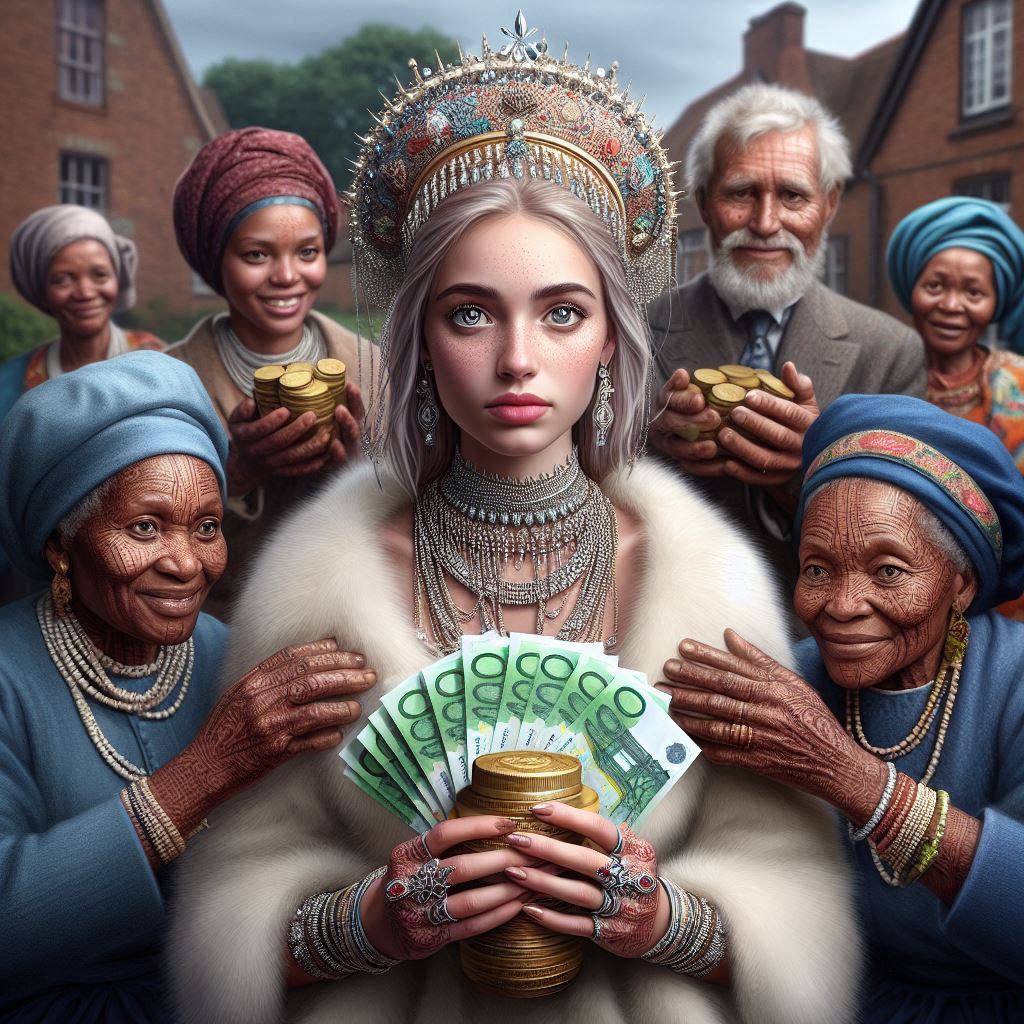
In South Africa, marriage customs are deeply intertwined with the country’s rich cultural diversity. Traditional practices like lobola, commonly referred to as the bride price, are predominantly found within African ethnic groups such as the Zulu, Xhosa, and Sotho. This custom involves the groom’s family offering cattle, money, or other valuables to the bride’s family as a way to honor the union and forge familial connections. Lobola is a significant rite of passage and remains a revered practice, symbolizing respect and tradition
.
Do White South Africans Participate in Lobola?
For white South Africans, particularly those of English or Afrikaner descent, marriage customs typically align more with Western traditions. These often involve proposals, engagement rings, and weddings with European-style ceremonies. Unlike lobola, there is no established practice of exchanging dowries or bride prices in these communities. Instead, marriage emphasizes mutual partnership and personal commitment, reflecting more modern or Western ideals
.
Unique Situations and Blended Traditions
While lobola is not a customary practice among white South Africans, the country’s multiculturalism occasionally results in intermarriages where traditions might blend. In such cases, families may adapt or combine elements from their respective cultural backgrounds. For example, a couple with African and European heritage might incorporate aspects of lobola alongside a Western-style wedding. These adaptations reflect the dynamic nature of South Africa’s cultural landscape, where traditions can evolve while maintaining their core essence
.
Modern Perspectives on Marriage in South Africa
Across communities, the emphasis on marriage is shifting towards individual choice, equality, and mutual love. Whether through traditional practices or contemporary ceremonies, South Africans increasingly celebrate marriages that reflect the unique identities of the couples involved. This evolution underscores the coexistence of historical customs and modern values, enriching the country’s cultural tapestry
.
While dowries in the form of lobola are deeply rooted in African traditions, they are not a standard practice among white or blonde South African women. Instead, these communities celebrate marriage in ways influenced by their European heritage, creating a mosaic of traditions that showcase South Africa’s remarkable diversity.
About Me
Perumira Global Talent Magazine is an international publication celebrating beauty, art, and empowerment through exclusive interviews with top models, beauty queens, and creative professionals from around the world. For over 11 years, Perumira has been a stage where talent meets inspiration — sharing authentic stories, achievements, and experiences that redefine success and elegance.
Founded with a passion for storytelling and cultural diversity, Perumira connects readers across continents, showcasing rising stars and established icons who lead with creativity, intelligence, and heart. From the glamour of global pageants and fashion runways to the voices of empowered women transforming industries, the magazine highlights authenticity, resilience, and purpose.
More than a magazine, Perumira is a global movement that promotes visibility, confidence, and innovation in every form of talent. With a growing English and Spanish audience, Perumira continues to inspire new generations to believe in their dreams, embrace their identity, and shine on their own stage — because every story deserves to be seen and celebrated.

























